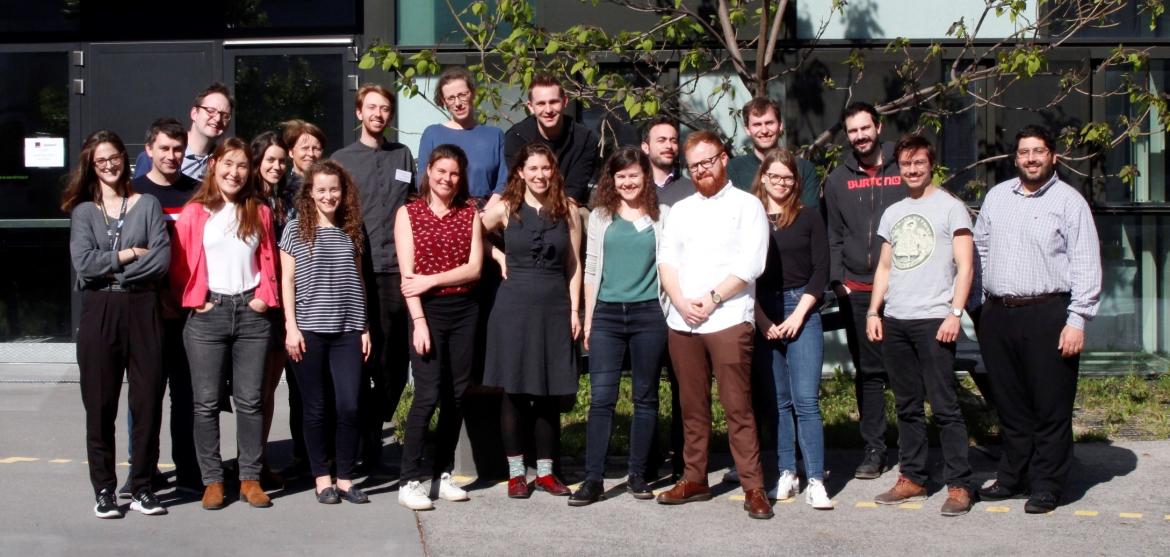
noyb и Access Now бяха съвместни домакини на семинара "Една година след GDPR: От 8 до 10 май във Виена. Семинарът имаше за цел да сподели най-добрите практики за това как да се откриват нарушения на защитата на данните и как стратегически да се подават жалби до различните органи за защита на данните. Сред участниците бяха представители на публични органи, организации за защита на правата на потребителите, изследователи и неправителствени организации от цяла Европа, включително Privacy International, Bits of Freedom, Algorithmwatch, Data Rights, Open Rights Group, Digital Rights Ireland, D3 и Homo Digitalis.
Сътрудничество на европейско равнище. Събитието беше чудесна възможност да се обединят усилията, да се събере обратна информация от практиците и да се проведат ползотворни дискусии относно най-стратегическите начини за утвърждаване на правата на гражданите чрез ефективни действия по правоприлагане. Сътрудничеството на европейско ниво между НПО е приоритет и в това отношение събитието със сигурност беше положителна стъпка към овластяването.
Фокус върху практическите аспекти на прилагането на GDPR. Семинарът беше разделен на четири сесии, които обхванаха няколко практически елемента, които трябва да се вземат предвид при водене на съдебни дела съгласно GDPR, като например анализ на политиките за защита на личните данни и наборите от данни или различните възможности за прилагане, които са на разположение съгласно европейския регламент. Всяка сесия беше последвана от сесия за почивка, в която участниците обединиха усилията си в малки групи, за да решат конкретни въпроси, свързани със защитата на данните, и да намерят най-добрите места за целите на правоприлагането.
Констатации. След различните панели, дейности и дискусии групата отбеляза, че значителен брой практики на дружествата за защита на личните данни все още нарушават закона. Въпреки че разширяват програмите си за съответствие, предприятията
все още се борят със задълженията и отговорностите си съгласно ОРЗД. Беше отбелязано, че администраторите често не изпълняват задълженията си, като например да предоставят прозрачни и разбираеми политики за защита на личните данни или да улесняват упражняването на правата на субектите на данни.
Това събитие нямаше да бъде възможно без щедрата подкрепа и финансиране от Фонда за цифрова свобода. Дълбоко оценяваме помощта и се надяваме да продължим сътрудничеството си и в бъдеще.



